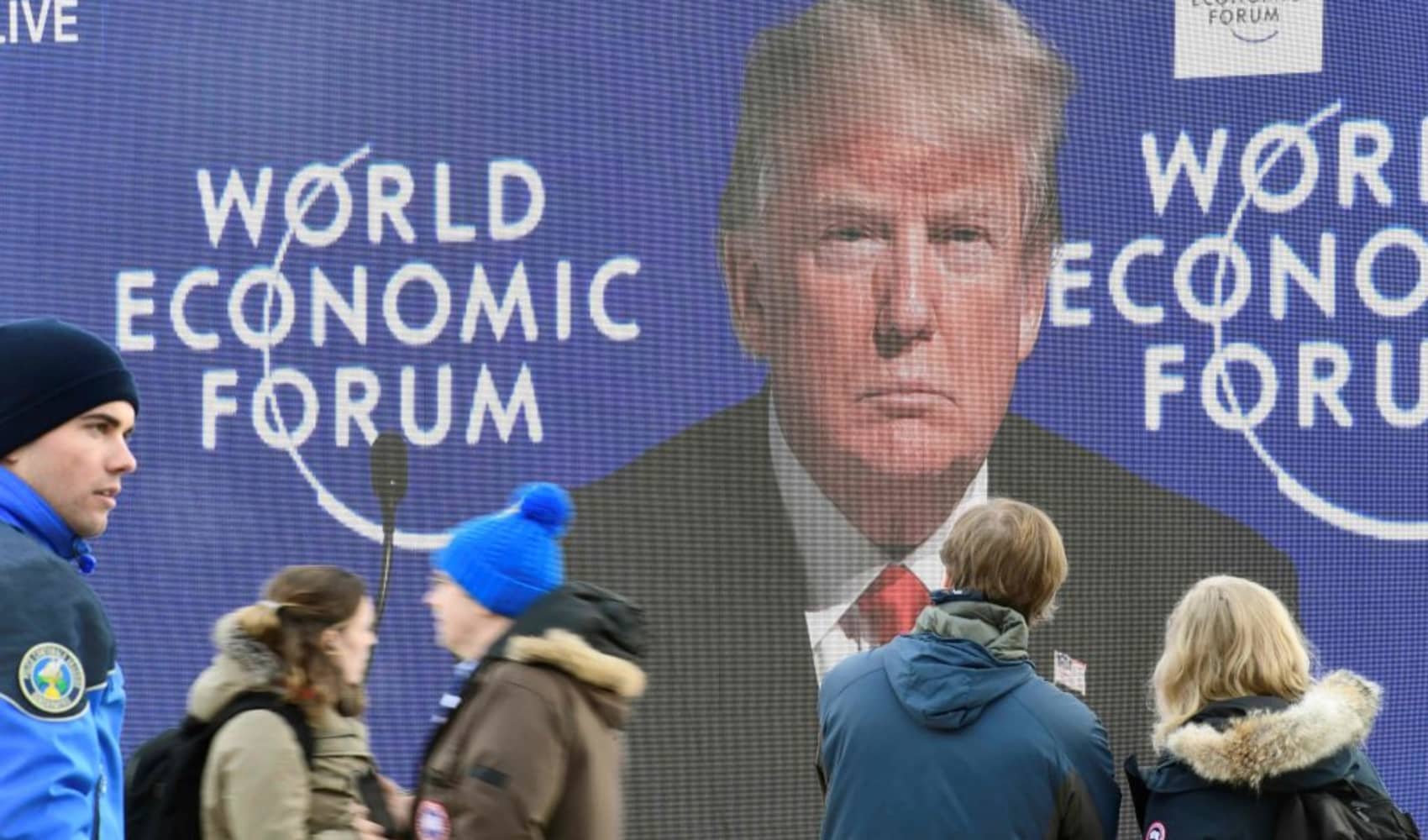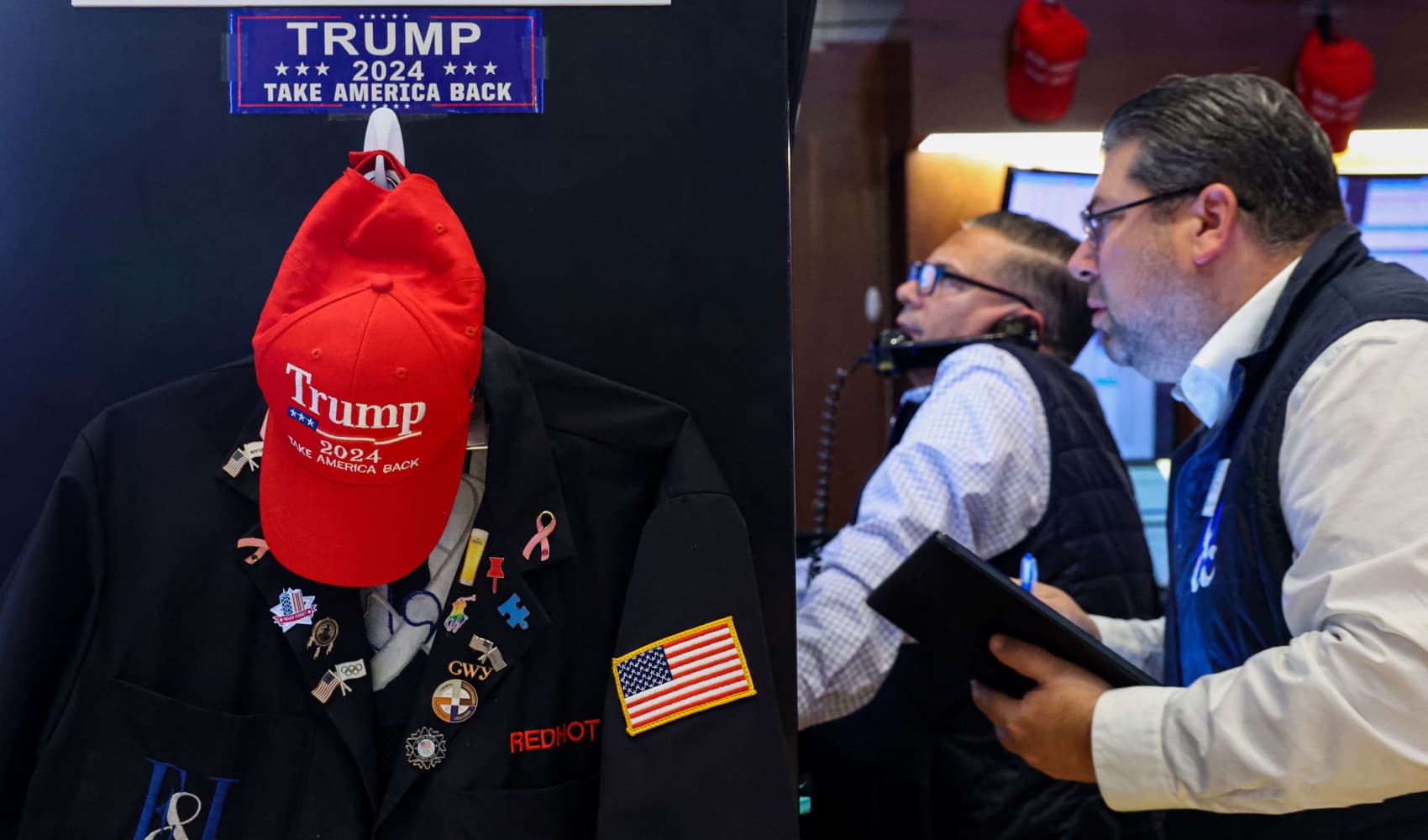
Federal Reserve Chairman Jerome Powell speaks at a news conference following a Federal Open Market Committee meeting at the William McChesney Martin Jr. Federal Reserve Board Building on July 31, 2024 in Washington, DC.
- Fed Chair Jerome Powell said Wednesday that the central bank could possibly lower its benchmark interest rate at its next meeting in September.
- Recent economic data has pointed toward inflation data falling back toward the central bank's 2% target, while the unemployment rate has crept up above 4%.
- "I don't think of the labor market in its current state as a likely source of significant inflationary pressures. So I would not like to see material further cooling in the labor market," Powell said.
Federal Reserve Chair Jerome Powell said Wednesday that the U.S. central bank could cut interest rates at its September meeting if economic data continues on its current path.
"If that test is met, a reduction in our policy rate could be on the table as soon as the next meeting in September," Powell said.
Get top local stories in Philly delivered to you every morning. Sign up for NBC Philadelphia's News Headlines newsletter.
Recent economic data has pointed toward inflation data falling back toward the central bank's 2% target, while the unemployment rate has crept up above 4%. The Fed said in its policy statement Wednesday that it is attentive to risks on "both sides of its dual mandate," which is maximum employment and stable prices.
Powell said Wednesday that central bankers would be "data dependent, but not data-point dependent" in determining when to cut rates.
"The question will be whether the totality of the data, the evolving outlook and the balance of risks are consistent with rising confidence on inflation and maintaining a solid labor market," Powell said.
Money Report
The personal consumption expenditures price index — the Fed's preferred inflation gauge — showed a rise of 2.5% year over year in June. The next nonfarm payrolls report is due out on Friday and is expected by some economists to show a slowdown in hiring.
"I don't think of the labor market in its current state as a likely source of significant inflationary pressures. So I would not like to see material further cooling in the labor market," Powell said.
On Wednesday, the Fed held its benchmark rate steady at a target range of 5.25% to 5.50%. When the Fed decides to reduce rates, it is expected to do so by 25 basis points, or 0.25 percentage points.
Powell said Wednesday a potential 50 basis-point rate cut is "not something we're thinking about right now," and indicated that any additional cuts at future meetings would also depend on the economic data.
The next meeting of the central bank's Federal Open Market Committee, which determines any rate move, is set for Sept. 17-18. Powell is expected to speak publicly again before that meeting at the Jackson Hole Economic Policy Symposium in late August.






